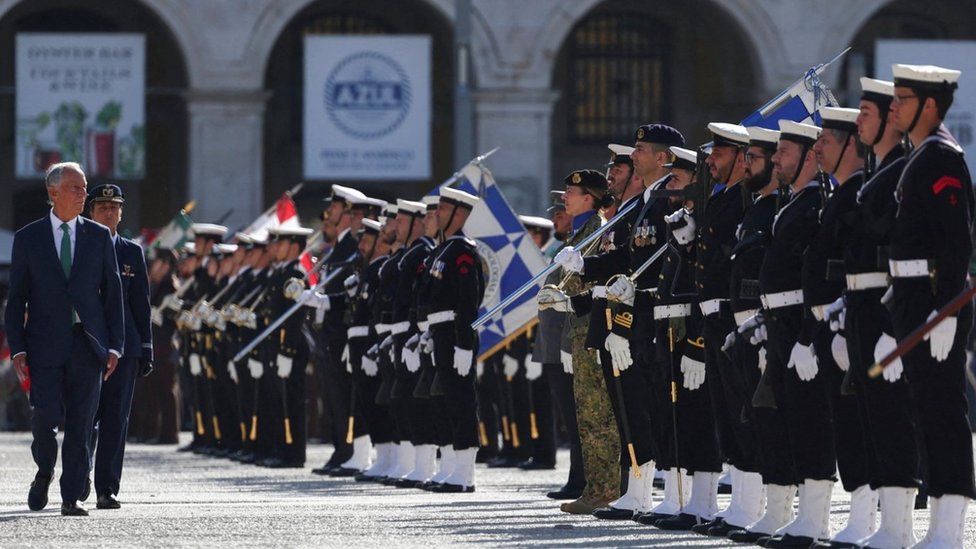Portugal’s debate over colonial and slavery reparations resurfaces

The Portuguese government has firmly rejected the notion of offering reparations for the country’s involvement in transatlantic slavery and colonialism, despite recent remarks by President Marcelo Rebelo de Sousa suggesting otherwise. President de Sousa acknowledged Portugal’s historical wrongdoings, including acts of violence and exploitation, but refrained from specifically addressing the issue of slavery. Instead, he proposed taking full responsibility for the past through alternative measures such as development aid and debt forgiveness.
However, the government swiftly issued a statement asserting that there is no concrete plan or program for reparations, maintaining continuity with the stance of previous administrations. While there have been discussions within the government about returning looted items from colonial times, the official position remains unchanged. The current Minister of Culture, who previously served as the director of a national museum housing artifacts from former colonies, has expressed support for the idea in the past.
Despite the government’s stance, anti-racist groups and left-wing political parties have reignited the debate surrounding Portugal’s colonial legacy in recent days. They advocate for acknowledgment and redress of historical injustices, including slavery and colonial-era abuses. President de Sousa, with his personal family ties to colonial governance, emerges as a significant figure in advocating for a nuanced understanding of Portugal’s colonial past, countering narratives minimizing its impact.
Picture Courtesy: Google/images are subject to copyright
